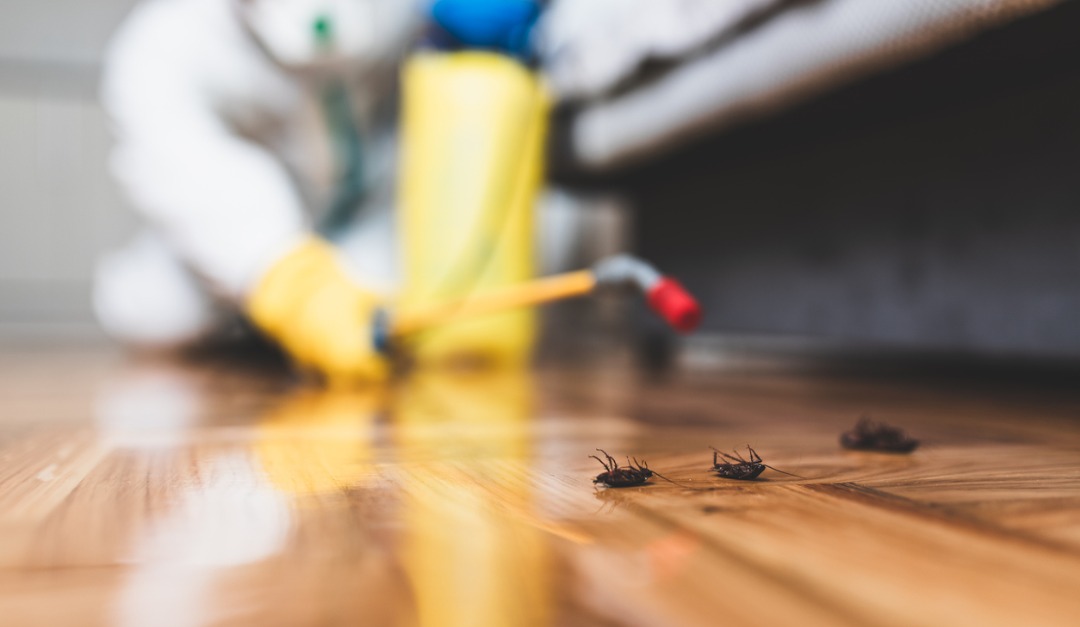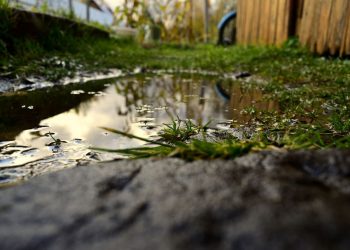Insect damage can be easy to miss if you don’t know what to look for. Some homeowners live in a house for years, even decades, before finding out that it’s infested with pests and that they have already caused major damage.
Reasons to Schedule a Pest Inspection
A professional pest inspector can spot telltale signs of an insect infestation that you would probably miss. A professional can also identify the type of pests that caused the damage and recommend the appropriate way to get rid of them and fix the damage they caused.
If you plan to sell your home, depending on the state you live in, you might be legally required to have it inspected for pests as part of the sale. Your real estate agent can tell you whether pest inspection is required in your area. If the buyer’s appraiser suspects there could be a pest problem, the buyer’s lender may require a pest inspection before approving a mortgage.
In a seller’s market, a buyer may not request a pest inspection, but in a buyer’s market, a prospective buyer most likely will. You can save time by getting the inspection done before listing your home. A report saying that there is no pest problem may help you attract a buyer.
If an inspection isn’t required but you have reason to believe there may be a pest problem, your real estate agent might advise you to get a pest inspection. That way the problem can be addressed or at least disclosed to prospective buyers.
What Will Happen During an Inspection?
A pest inspector will check the entire house, particularly potential entry points, such as doors, windows, pipes, the garage, the attic, the crawlspace and the yard. He or she will poke wood members to see if there are any weak spots caused by dry rot or termites. The inspector will also check for moisture, since pests prefer moist areas to dry ones. After the inspection has been completed, the inspector will create a report identifying any concerns and providing recommendations on how to treat them.
If the inspector finds dry rot, the damaged wood will be removed. In the past, homeowners would need to move out and a house would have to be tented so chemicals could be released to kill pests. The tenting process is often not needed now since the chemicals used are safer for people and the environment.
Is Your Home Due for a Pest Inspection?
A pest infestation can be easy to miss if you don’t know how to spot the signs. If a problem isn’t identified and treated quickly, insects can cause major structural damage that can be expensive to repair and can lead to unexpected complications if you decide to sell your house. If you haven’t had your home inspected recently or have any reason to suspect you might have a pest problem, schedule an inspection.











